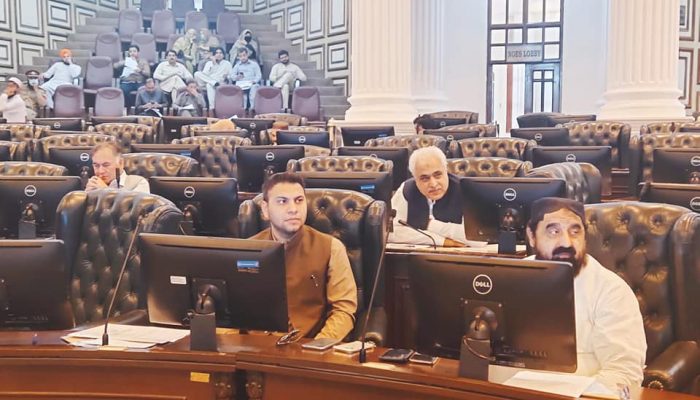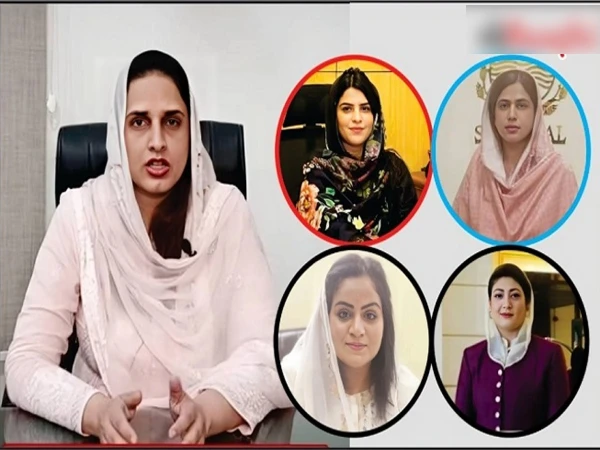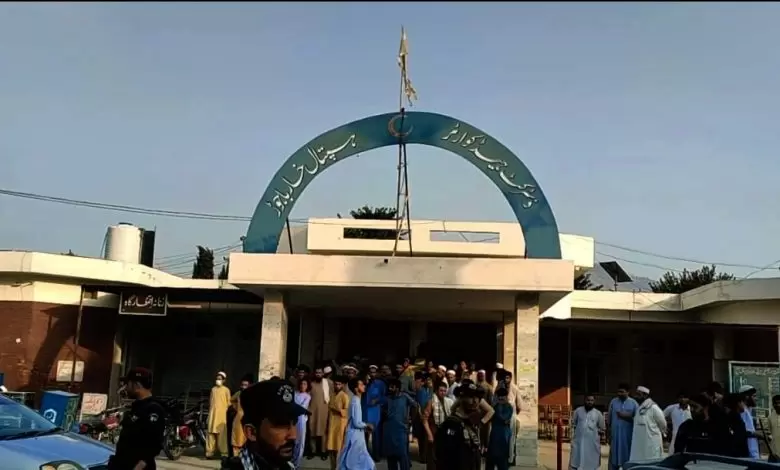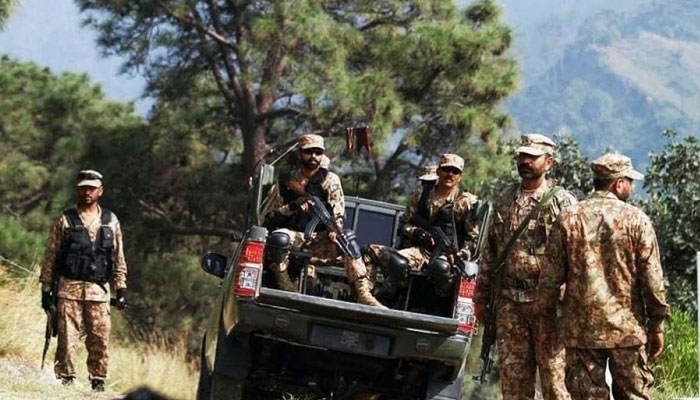
Misbah ud Din Utmani
Shehla Kamran, 39, hailing from a minority community, embarked on her political journey at the age of fourteen as a fervent supporter of the late Benazir Bhutto.
Following Benazir's demise, she aligned herself with the Pakistan Tehreek-e-Insaaf and emerged victorious as the General Councilor from NC 72 of Landi Arbab in the December 2021 local body elections, defeating her male opponent by a substantial margin of five hundred votes.
In her perspective, Shehla Raza contends that women in politics are often marginalized and relegated to secondary roles, receiving less acknowledgment than their male counterparts. This disparity is evident in Khyber Pakhtunkhwa, where no woman has secured a seat in the provincial assembly reserved for the minority community, as per Article 51 of the Constitution. This article designates 10 minority seats in the National Assembly and 24 in the provinces under Article 106, with specific allocations for each province.
Also Read: Silent Struggles: Zaitoon Bibi’s Tale Echoes Widespread Domestic Violence
Despite constitutional amendments in 2002, granting political parties the right to elect minority representatives through proportional representation, Khyber Pakhtunkhwa has not nominated any woman for the four reserved seats for the minority community. This oversight underscores the challenges women face in attaining political representation.
Addressing Societal Issues Through Minority Women's Representation
Samar Haroon Bilour, the Provincial Spokesperson of the Awami National Party, emphasizes the significance of minority women's representation in addressing societal challenges. She acknowledges that women bear the brunt of many issues in society and posits that their inclusion in political decision-making can lead to more effective problem-solving.
Bilour highlights the societal norms that often discourage women, especially from minority communities, from participating in politics. She contends that no woman from the minority community has applied for the reserved seat, emphasizing that the selection process in her party is merit-based, regardless of gender.
Shehla Raza is resolute in her determination to alter the political landscape of Khyber Pakhtunkhwa by securing a seat in the Provincial Assembly reserved for the minority community in the upcoming elections. She has initiated campaign activities and outreach efforts, asserting that politics is a constitutional right unjustly denied to women. Raza firmly believes that the country's development is contingent upon granting equal rights to women.
Shehla Raza's Vision for Legislative Priorities
If elected to the Legislative Assembly, Shehla Raza pledges to prioritize initiatives aimed at providing employment opportunities to unemployed individuals from the minority community. She aims to increase their representation in the education sector and legislative assemblies. Additionally, she highlights the lack of designated places for minority communities to perform their last rites and vows to address this issue. Raza asserts her commitment to resolving these challenges and illuminating the path for the minority community's future.
According to the June 2022 voter list from the Election Commission of Pakistan, the total number of registered votes for religious minorities in Pakistan is 39,56,336. Among these, men constitute 21,52,143 votes, while women account for 18,41,193 votes. These figures underscore the significant voting potential within the minority community.
According to statistics, the total number of minority voters in Khyber Pakhtunkhwa is 46,115. Among these, Christian voters number 33,328, Hindu voters are 5,025, and other minorities constitute 7,762.
Advocating for Inclusive Representation
Sardar Homi Singh, a 24-year-old political activist from Swat, holds political parties accountable for neglecting women in seats reserved for minority communities. Singh criticizes the current system, where political parties nominate their preferred candidates without consulting the minority community. He emphasizes that empowering the community to elect their representatives through voting will not only address their issues but also provide a platform for minority women to enter the assemblies.
The 2017 census indicates that 0.21 percent of Khyber Pakhtunkhwa's population is Christian, and 0.03 percent follows the Hindu religion. In the former FATA region, 0.07 percent of the population is Christian, and 0.03 percent adheres to the Hindu faith.
Empowering Women Amidst Societal Challenges
Harinder Devi, a 45-year-old activist from the Mardan district, is actively mobilizing women in her area for the upcoming general elections. She assists them in obtaining identity cards and acknowledges the challenges women face in a predominantly male-centric society. Devi, an activist of Pakistan Tehreek-e-Insaaf, expresses her desire to legislate for women in the assembly but cites economic constraints for not contesting the general election. She emphasizes the importance of women participating in assemblies to address and solve women-specific issues.
Devi highlights her disappointment with the local leadership of Pakistan Tehreek-e-Insaaf, claiming that when she sought candidacy, she was overlooked. Undeterred, she plans to run as an independent candidate in the upcoming municipal elections, emphasizing that women are crucial in solving women's problems.
Challenges in Female Representation in the Provincial Assembly
When questioned about the absence of female minority members in the Khyber Pakhtunkhwa Assembly, Election Commission spokesperson Sohail Khan attributes it to the decisions of political parties. He clarifies that the Election Commission is not involved in the nomination process, as political parties provide a list of specific seats for which notifications are issued.
Despite Pakistan Tehreek-e-Insaaf's majority in the provincial assembly from 2013 to 2018, women from the minority community did not secure representation in reserved seats. Khalid Khan Supari, Deputy Information Secretary of Pakistan Tehreek-e-Insaf Peshawar, explains that nominations for specific seats are made by the central core committee in consultation with provincial leadership. Supari asserts that if women from minority communities show interest in politics, the party will ensure their full right to representation.
Note: This story is part of a Pakistan Press Foundation Fellowship.
2.jpeg)
1.jpeg)
09 Jul, 2025





1.jpeg)
09 Jul, 2025